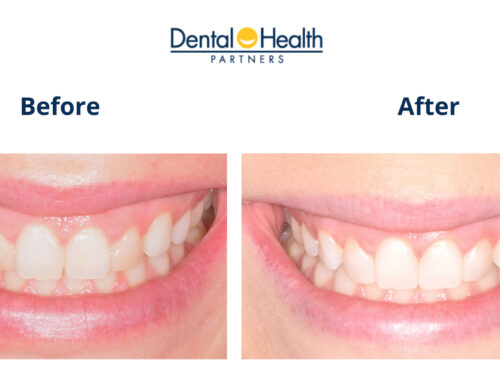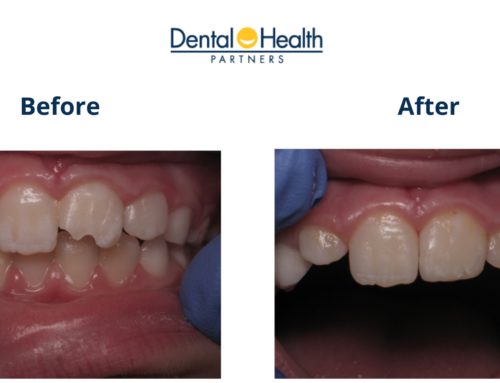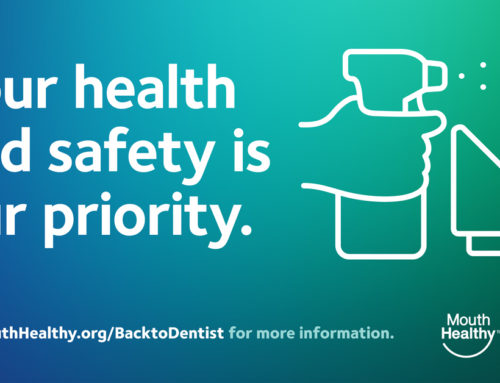So, what exactly is a root canal?
A Root Canal is a procedure that eliminates all evidence of infection from the literal, root canal. The procedure involves the removal of the soft center of the tooth, the pulp. The pulp is made up of nerves, connective tissue, and blood vessels that help the tooth grow.

Numb the mouth, remove the pulp, clean the canals
The dentist or endodontist will first place numbing medication on your gum near your tooth. You will remain awake during the procedure but should not feel any pain. When your tooth is numb, the endodontist or general dentist will make a small opening in the top of the tooth. Once the infected or damaged pulp is exposed, the specialist will carefully remove it using special tools called files. They’ll be particularly careful to clean out all the pathways (canals) in your tooth.
Add topical antibiotics, fill, and seal the tooth
Once the pulp has been removed, the dentist may coat the area with a topical antibiotic to ensure that the infection is gone and to prevent reinfection. Once the canals are cleaned and disinfected, the dentist will fill and seal the tooth with a sealer paste and rubber-like material called gutta-percha. They also may prescribe you oral antibiotics.
Although removing a tooth is another possibility, most dentists advise against it since keeping as many of your natural teeth as possible once the root canal system has been cleaned of germs is preferred.
Are root canals painful procedures?
Modern endodontic methods and local anesthetics have made root canals as painless as filling a cavity for many people. Most patients report feeling pressure and movement during the surgery but no discomfort. Although root canal therapy has a bad reputation, it’s an effective method for preventing the need for tooth extraction and replacement.
Before initiating root canal treatment, a local anesthetic is usually provided. The patient should experience no more pain during the procedure than getting a filling. The patient’s root canals are cleaned and disinfected before the tooth is covered with a filling or crown to prevent additional deterioration. The inflammatory tissue in a tooth often heals on its own. Root canal treatment is almost always a success.
When you’re healing from a root canal, it’s critical that you take good care of your teeth. Keep in mind, your repaired tooth may be uncomfortable for a few days.
Here are some helpful post-root canal procedure recovery tips:
- Keep your head elevated and don’t eat right away
- Painkillers like paracetamol and ibuprofen may be used over the counter to alleviate any discomfort
- Gently gargle warm salt water to keep your mouth clean
- Use a cold compress on your jaw
- Avoid strenuous activity for a day or two
- If pain or swelling persists even after taking medicines, make an appointment with your dentist
- Keeping your teeth clean and avoiding sugary foods may spare you from needing another root canal treatment. Smoking cessation for those who currently smoke
Contact your dentist about your root canal recovery questions
At the end of the day, if you have any questions on root canals or your recovery process afterwards, it’s best to contact your dentist directly for their advice and recommendations






